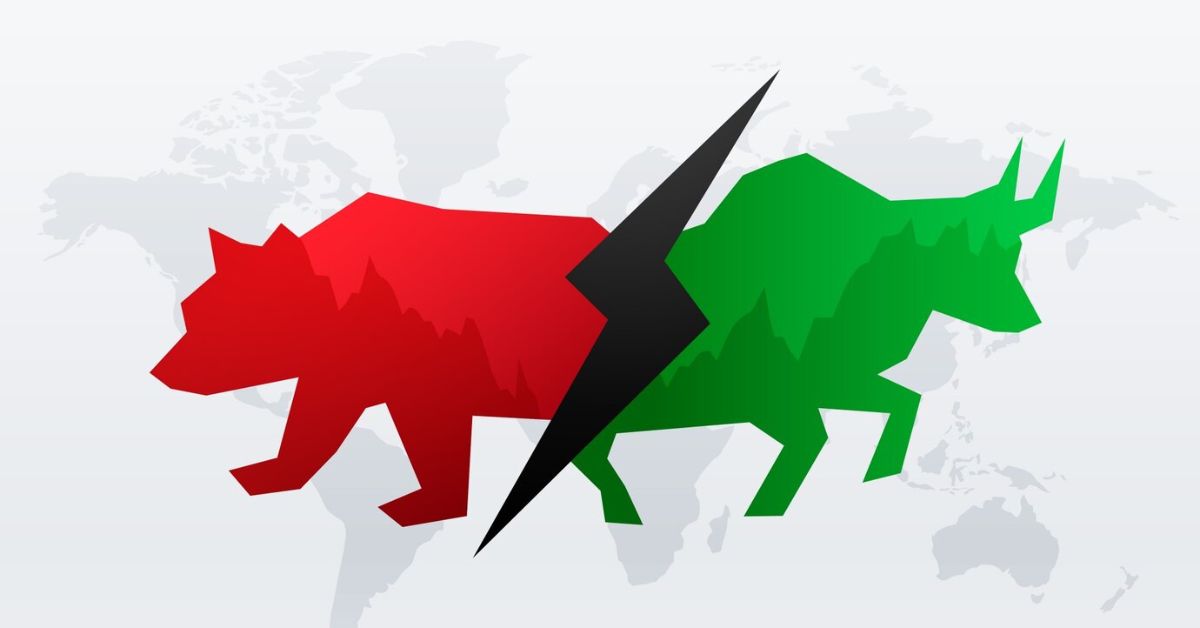Shares in global beverage giant Diageo PLC (LSE: DGE) continued their protracted slide in recent trading on the London Stock Exchange, extending a year-long slump that has erased significant value for shareholders. The stock fell to 1,956.0 GBX, a decline of nearly 1% during the session, reflecting persistent market headwinds and deep-seated investor concerns.
The recent drop is part of a decidedly negative trend that has seen the maker of Johnnie Walker and Guinness shed over 25% of its value in the past year and more than 23% since the start of 2025. The downturn has been severe enough to wipe out five years of gains, with the stock now showing a five-year loss of approximately 29%. This prolonged weakness has pushed the share price to a ten-year low, with its value nearly halved since its peak in 2022.
Diageo’s decline is rooted in a confluence of challenges. A major catalyst was a surprise profit warning triggered by significant inventory overstocking in Latin America and the Caribbean, which was compounded by weaker consumer demand in the region. In the crucial North American market, which accounts for 40% of revenue, consumers have been trading down to cheaper alternatives, and younger generations are reportedly drinking less.
Compounding these issues are external threats that have spooked the market. Prominent fund manager Terry Smith sold his stake, citing fears that new GLP-1 weight-loss drugs like Ozempic and Wegovy could curb alcohol consumption.
Furthermore, the looming threat of U.S. tariffs on key products like tequila and Canadian whisky, which make up a substantial portion of American sales, poses a significant risk to profitability. This prompted the company to withdraw its medium-term sales growth target of 5% to 7%, adding to investor uncertainty.
The financial pressure is evident, with operating margins contracting and earnings per share falling. While management is taking action to mitigate these impacts through pricing and supply chain adjustments, the company’s high debt levels and the persistent macroeconomic challenges suggest that a recovery for the spirits giant may not be imminent.


